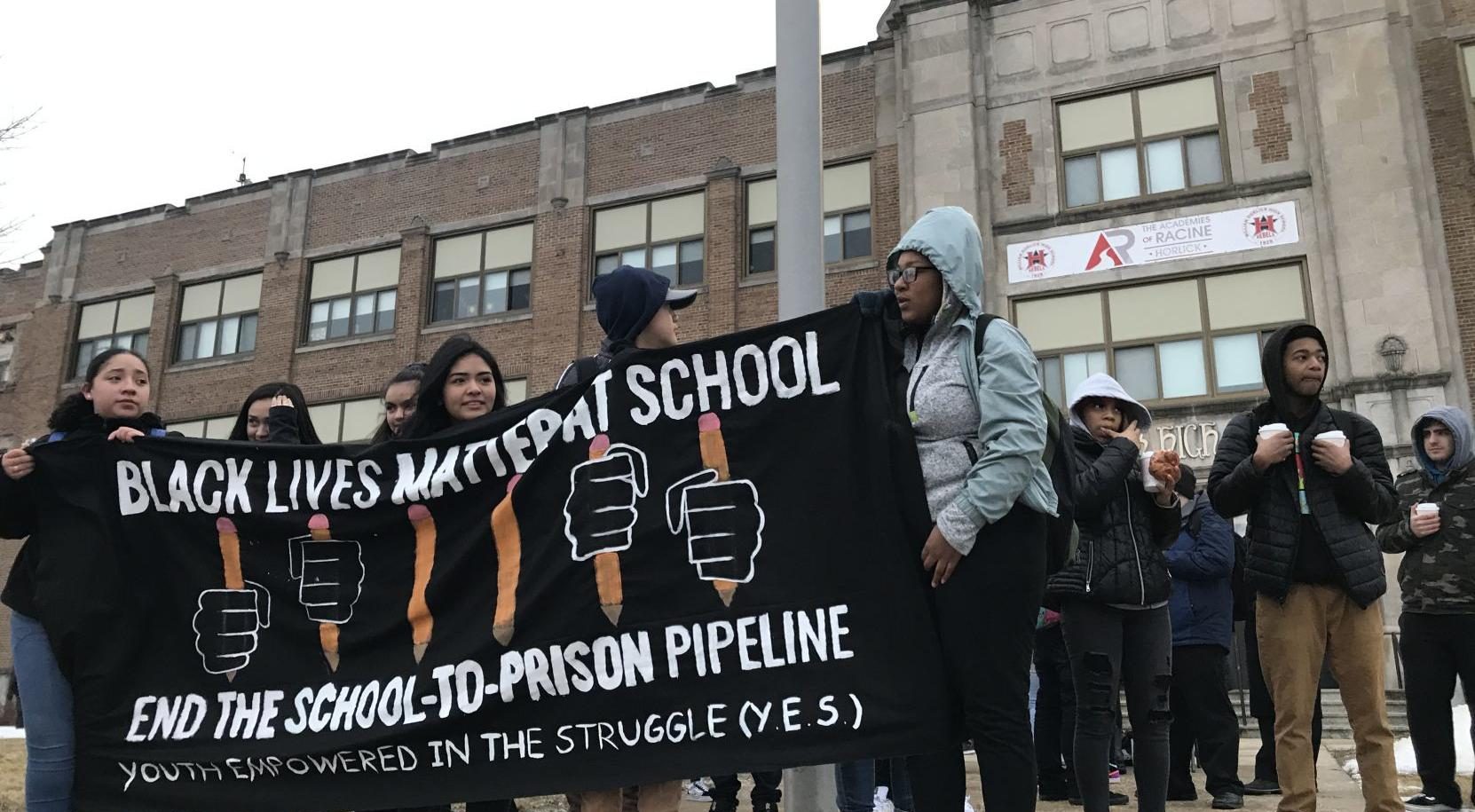Given the success of student organizers in Minneapolis, it is important to consider how to further empower students to embrace their individual voices to exert pressure to shape policies that decrease the school-to-prison pipeline. Abolitionist pedagogy, which seeks to dismantle traditional educational hierarchies that disproportionately harm BIPOC and disabled students, when applied to organizing against the school-to-prison pipeline can be an extraordinarily useful framework. Abolitionist pedagogy scholars, such as Bettina Love, often include organizing against SROs and zero tolerance policies as absolutely critical to reimagining education (Love, 2019). Abolitionist pedagogy, by teaching students to challenge traditional hierarchies both inside and outside of the classroom, allows students to more easily adopt the successful anti-hierarchical, grassroots organizational practices that we have seen in Minneapolis. Then, youth organizers around the country can mobilize against oppressive policies that continue to send thousands of youth to prison every year.
In Minneapolis, students had great success in organizing against zero-tolerance policies and SROs/SLOs who over-police and surveil the most vulnerable communities and individuals with the least institutional power. However, by protesting against these oppressive structures and by imagining a school where students can function as individuals, students have been able to organize for a school system that has seen a sharp rise in participation and a sharp decline in violence, even if these changes do not completely eradicate or abolish the legacies of the school to prison nexus.
